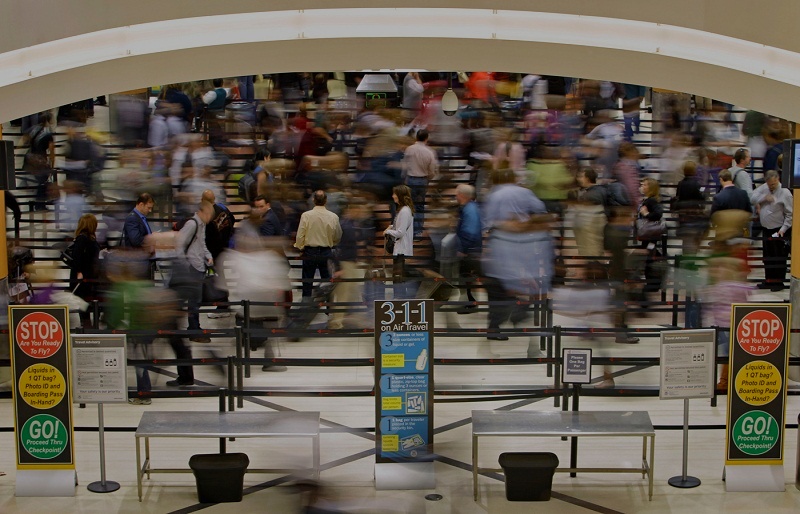When you are traveling abroad, you must think of the long lines to the terminal checkpoints and frown. Most of us, however, immediately remember the significance of these long inspections for our personal safety and for our comfort in knowing the flight to be safe. Surprisingly enough, covert testing at airports reveals that this sense of security is false.
According to the Department of Homeland Security’s inspector general, these tests airport security checkpoints produced “disappointing and troubling” results. The findings come after a June disclosure of major security failures within the Transportation Security Administration (TSA)’s screening process that led to the ousting of the agency’s acting director.
Investigators who ran tests at eight different airports during an unspecified time attributed screeners’ failure to detect anomalies and potential security threats to problems with technology, human error and the TSA’s own procedures. Exact details about the security failures and the airports screened were not disclosed as the information is considered classified.
Newly appointed TSA Administrator Peter Neffenger said that a disproportionate focus on speed and efficiency in screening operations rather than security effectiveness was damaging to security performance across the agency. As part of the changes he has made to security since taking over the agency, Mr. Neffenger said security screeners and management have gotten renewed training that focuses on the specific failures detected in covert tests. The TSA has also put a stop to other tactics used at airport screenings that created “greater risk” to the system, including the practice of randomly allowing people who were not vetted through the TSA Precheck program to go through expedited screening.
Though classified, prior covert security test results were leaked and showed that undercover investigators were able to smuggle mock explosives or banned weapons through checkpoints 95 percent of the time. Investigators also found that 73 people were able to obtain federal approval to work in secure areas at airports despite having unspecified connections to terrorism.
A global sharing of information regarding security risks in airports can lead to better results, such as with sharing lists of wanted persons and terrorists with airports around the world or learning security methods from other countries, who are at the forefront of the field, such as Israel.
Fuente e imagen: i-hls.com

